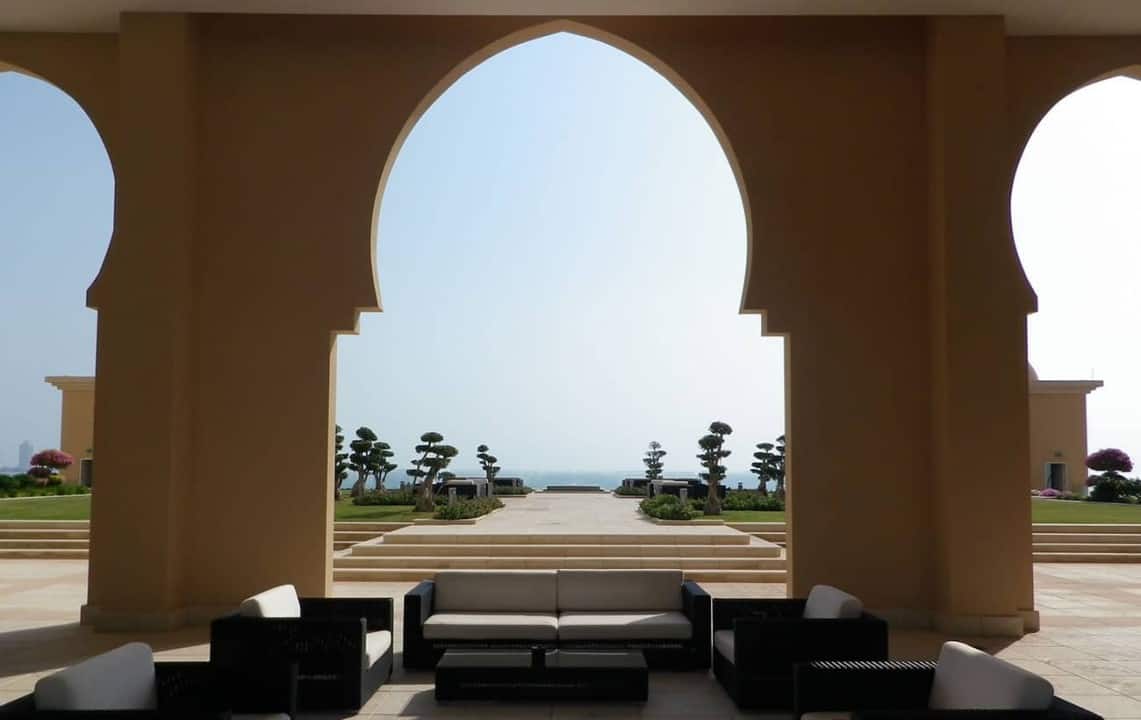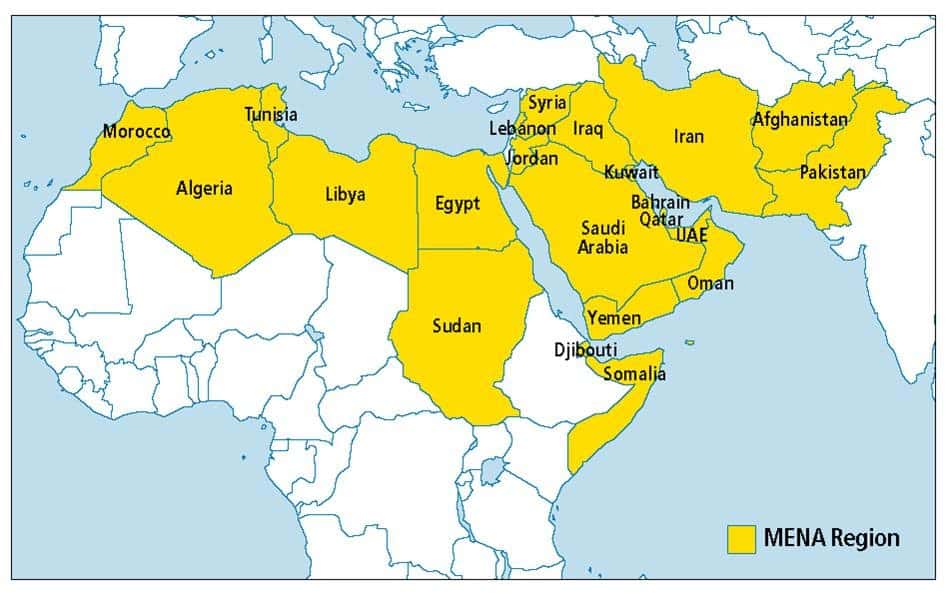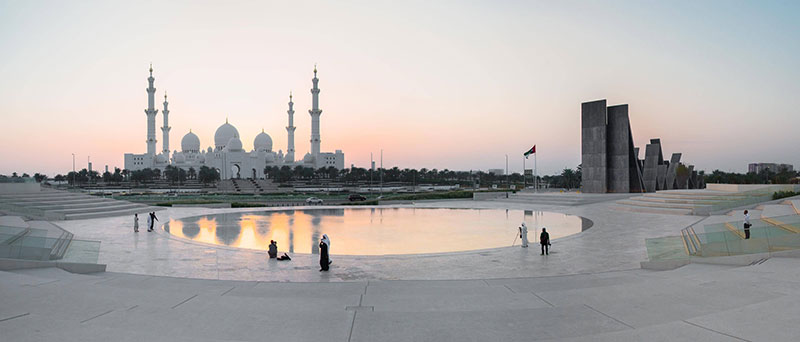
Regis Hotel, Qatar. Image by Mariam Elliott
Middle East Connect & Cultural Advisors would like to invite you on our very special educational journey around the GCC and the MENA region
This is the first in a series. Stay tuned for the land of the Pharaohs…

Doing business in the MENA region
MENA is a region of contrasts and opportunity. Conducting business in the countries of MENA can be profitable, but it also requires patience, planning and persistence. Having some background knowledge, understanding of cultural norms and a willingness to be flexible are important business tools. This ‘quick guide’ was prepared by Middle East Connect and Cultural Advisors to get you on your way.
Understanding MENA
MENA stands for Middle East [and] North Africa, a region of 19 nations that includes Algeria, Bahrain, Egypt, Iran, Iraq, Israel, Jordan, Kuwait, Lebanon, Libya, Morocco, Oman, Qatar, Saudi Arabia, Syria, Tunisia, United Arab Emirates and Yemen. Ethiopia and Sudan are sometimes included. MENA includes the area from Morocco in northwest Africa to Iran in southwest Asia and down to Sudan in Africa.
MENA is an important region for the global economy because it contains approximately 60 percent of the world’s known oil reserves, and 45 percent of global natural gas reserves. This makes MENA a powerful player in the Organisation of Oil Exporting Countries (OPEC). Additionally, MENA has an annual Gross Domestic Product (GDP) of around USD$3.3 trillion dollars which makes up just under five percent of global GDP. Saudi Arabia has the largest economy by GDP at USD$785,000 million, mostly composed of oil revenues. This is 20 times larger than the economy of Yemen (USD$32,000 million) and 50 times the GDP of Palestine (USD$15,000 million).
Despite its economic power, the region has only six percent of the world’s population. While many nations have an emerging and prosperous middle class, MENA also has some pockets of extreme poverty. This is born out statistically when comparing GDP per capita. In the richest nation, Qatar, per capita GDP is close to USD$70,000 while in Palestine, Egypt and Syria is below USD$3,000 and in the poorest country, Yemen, less than USD$1,000.
Regional awareness
While there is internal stability in many MENA nations, the region itself is divided and the site of multiple armed conflicts. Saudi Arabia and Qatar are engaged in a diplomatic standoff that has resulted in crippling trade sanctions and no-fly zones between the two countries. Yemen is also feeling the pressure of a proxy war between Iran and Saudi Arabia that shows no sign of immanent resolution. Civil war is raging in Syria, Iraq, Libya, and Yemen causing loss of life and damage to infrastructure. Turkey, the United States, and Russia are also involved in ongoing military operations in MENA, which means the instability is both ongoing and potentially affecting global trade.
The MENA Calendar
The MENA region mostly follows the Western (Gregorian) calendar system, but because Friday is Islam’s holy day some nations schedule weekends for Friday and Saturday. However, this does vary, so it is always best to check. In general, you would be wise to plan around Fridays when scheduling meetings or other important business activities.
The Islamic calendar is also important and influential in MENA countries. There are two major religious festivals—at the end of Ramadan and at the conclusion of the Hajj during which many people travel on pilgrimage to Mecca. There is usually a three-day holiday on these occasions. Also, the holy month of Ramadan can be disruptive of Western schedules.
During Ramadan there is religious observance of a fast during daylight hours which means you should not be planning any business-related meals until after the sun goes down. It is polite to only eat out of the public gaze if you’re travelling in MENA countries during Ramadan.

Grand Mosque and Wahat Al Karama Memorial (courtesy of Urban Art Projects)
Cultural considerations when doing business
Before planning a business venture in the MENA region, it will pay to some research because conditions can vary greatly between countries and sectors. Each country has different business styles, including variations in appropriate greetings, dress code, and meeting protocols. It is good to start with some common features such as the following:
- establishing trust and friendship is an essential and necessary component of the business process
- hospitality very important in the MENA region as a way of ‘sizing up’ potential business partners
- dress code is typically modest for women and men, and long sleeves are preferred over something that shows your arms; for men trousers are preferable to shorts; for women a dress below the knees or a pants suit is considered appropriate business attire
- women should check with their hosts if it is necessary for them to wear a head scarf
- many countries in the MENA region are Muslim majority or Islam is the official state religion, so be considerate of when meetings are scheduled, and avoid common prayer times
- Islamic holidays and festivals (Eid, Ramadan, Hajj, etc) are important and can interrupt business schedules if you don’t check
- remember not to serve your business guests pork or alcohol, both of which are prohibited in Islam
- remember, you are being appraised too and therefore, you need to be socially and culturally conscious
These general observations are a good start to understanding unique business practices in the region. There are certainly more similarities between business in the MENA region and other regions in the world than differences, but cultural observance is important and should not be left out of your planning.
Thank you for joining us.
